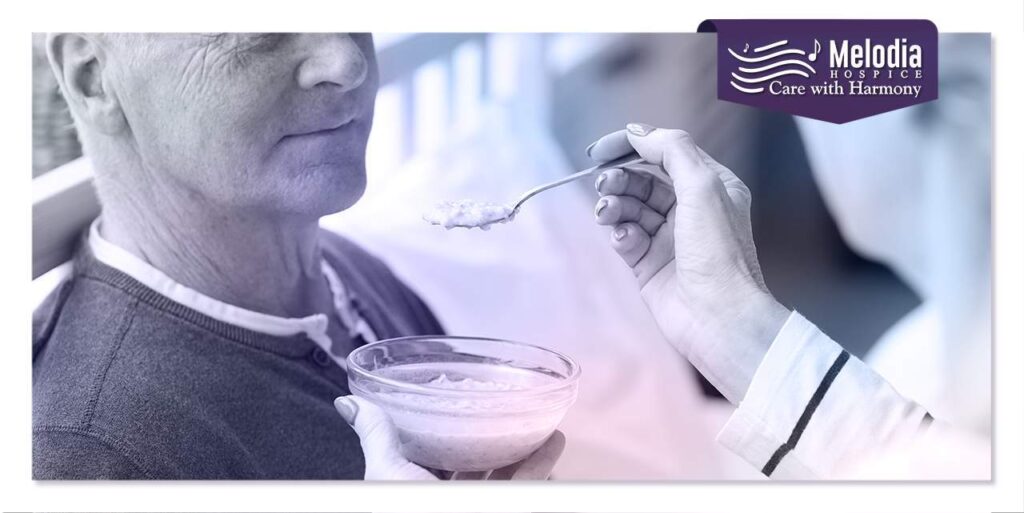Food is the fuel of the body. It is a means for people to maintain physical function, mental health and vitality. We eat to live. When the body is about to die, the patient will naturally not feel the need for food and the patient will avoid eating. This is one of the most unacceptable realities for patients’ families. But it is important to realize that your loved one may suffer from loss of appetite and thirst and hardly need food or liquids. The body naturally begins to conserve energy for these tasks. This is why it is important to avoid tricking your loved ones into eating or drinking what they don’t want to eat or drink.
Forcing them to eat or drink will not comfort them; even though we usually use food to comfort our family members, it worsens their symptoms. Remember, this may be difficult for individuals; it is indeed the best way to express your concern to your loved ones. Although this may be difficult for us, however; we need to find new ways to bring relaxation and peace to the patient instead of forcing them to eat or drink. A healthcare professional can guide you on when to stop providing food and liquids to the patient.
Understanding Hospice Care
Hospice care provides professional care for patients with life-threatening diseases who cannot take care of themselves. The hospice care team realizes that anxiety about the unknown situation that relatives may face in the final stage of terminal illness may cause them many problems. The hospice team helps provide appropriate guidance and assistance in this challenging situation and enables family members to deal with them professionally. As most people’s body systems slow down and eventually stop functioning, the hospice team may call this the body transition phase. At the same time, you can support your loved ones. When a person enters the final stage of life, two different things happen.
On the physical side, the body begins the final process of deceleration and closure. Physical changes are a normal part of this process, although they vary from person to person and are affected by specific disease processes. In terms of emotion/psychology, dying people usually begin to abandon their environment and relationships. This is the natural way many people start the transition. During this period, your support, understanding and encouragement are constructive. If you feel that your loved one is experiencing emotional or spiritual difficulties during this transition period, you may need to seek support and more specific guidance from your hospice team.
Nutrition At The End Of Life

When the body is dying, it can no longer regulate body fluids well. An imbalance of body fluids may occur, leading to apparent symptoms: Swollen edema may occur on the feet, legs and hands. This makes it harder for the body to fight infections or heal wounds. But even worse, it can cause swelling of the lungs. This is called pulmonary edema.
Pulmonary edema can cause painful symptoms, such as:
• Shortness of breath
• Coughing
• Even inability to get enough oxygen into the bloodstream
Hypoxia
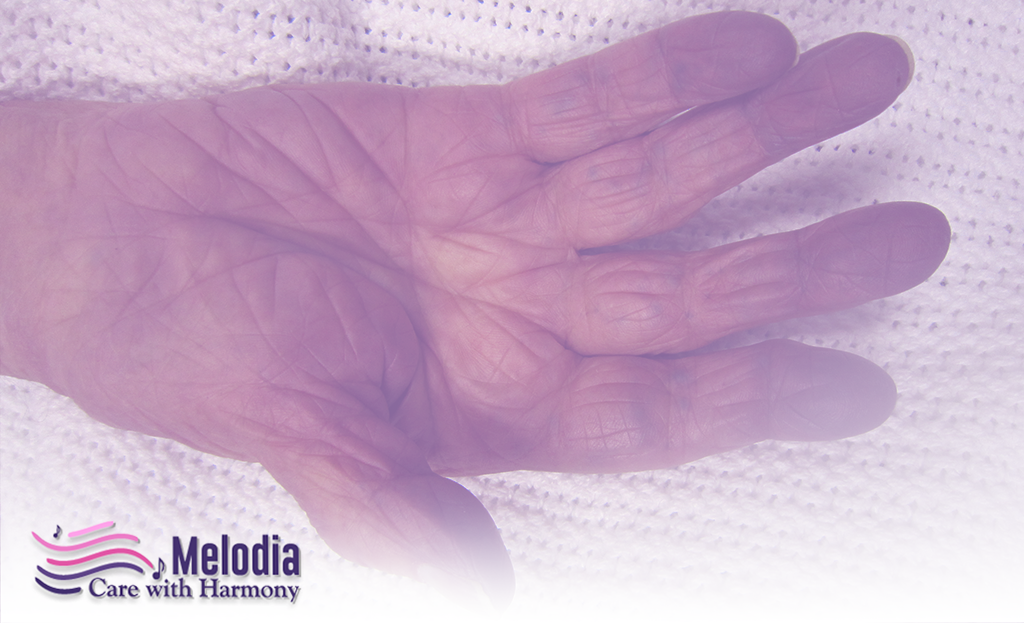
Inability to get enough oxygen into the bloodstream can cause your loved one to become confused, excited and even aggressive. Their skin color can turn blue. However, liquids are not the only thing that can cause problems. Feeding your loved one during this period can cause as many problems. Forcing someone to eat can cause aspiration or suffocation. This is when a person draws food or liquid into the lungs. This can be painful. It causes many of the same symptoms, such as shortness of breath and coughing. Feeding your loved ones at this time can also cause other problems, such as:
• Nausea
• Vomiting
• Bloating
• Excessive gas
• Constipation
• Diarrhea
This is especially painful for people in the process of death. Think about what it feels like to feel bloated or nauseous when you are perfectly healthy. For a person who is about to die, the situation is much worse. But caregivers and family members should not worry that their loved ones are hungry or thirsty.
During the dying process, body learns to reduce and eventually eliminate the need for liquids and food. The body has begun to shut down; preparations are over. Therefore, getting them to eat or drink will not comfort them even though we usually use food to comfort our family. This makes their symptoms worse.
What To Do When Your Loved One Dies?
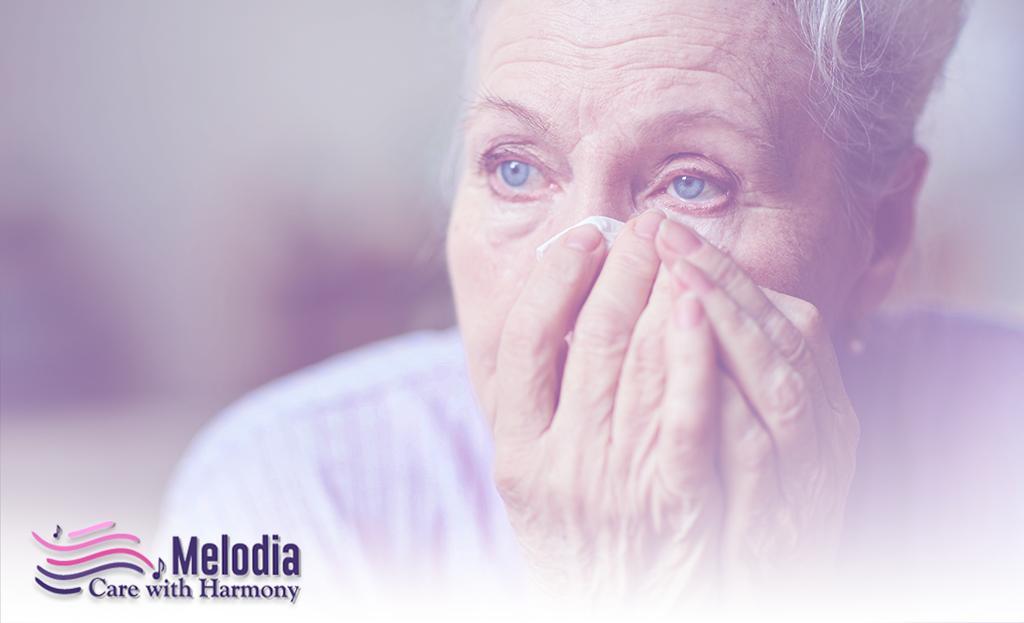
Although patients may not be expected to refuse food or drink outside of hospice care, it is not uncommon for hospice patients to stop eating or drinking when they are close to death. Although seeing your loved one refuse to eat or drink makes you upset, don’t worry; this may be part of the natural death process. There are many reasons why patients stop eating or drinking, including:
• Medications that upset the stomach change appetite or make food taste strange
• Lack of hunger due to constipation or other medical problems
• Difficulty in chewing food
• Loss of appetite near death
Regardless of the cause, hospice professionals will determine the cause by analyzing the following questions:
- Ask for the patient’s medical history
- Evaluation of medications
- Ability to eat when possible
Suppose your loved one stops eating or drinking during hospice care due to dementia or other diseases. There may be no obvious signs other than weight loss and discomfort.
If your loved ones receive hospice care and refuse to eat, forcing them to eat may do more harm than good.
In some cases, they stopped eating because they felt uncomfortable in doing so. If you force them to eat, their quality of life may be affected by the extra stress caused by unnecessary activities. It is essential for the nursing staff to always discuss nutrition issues with the patient’s attending doctor.
Hydration & End Of Life
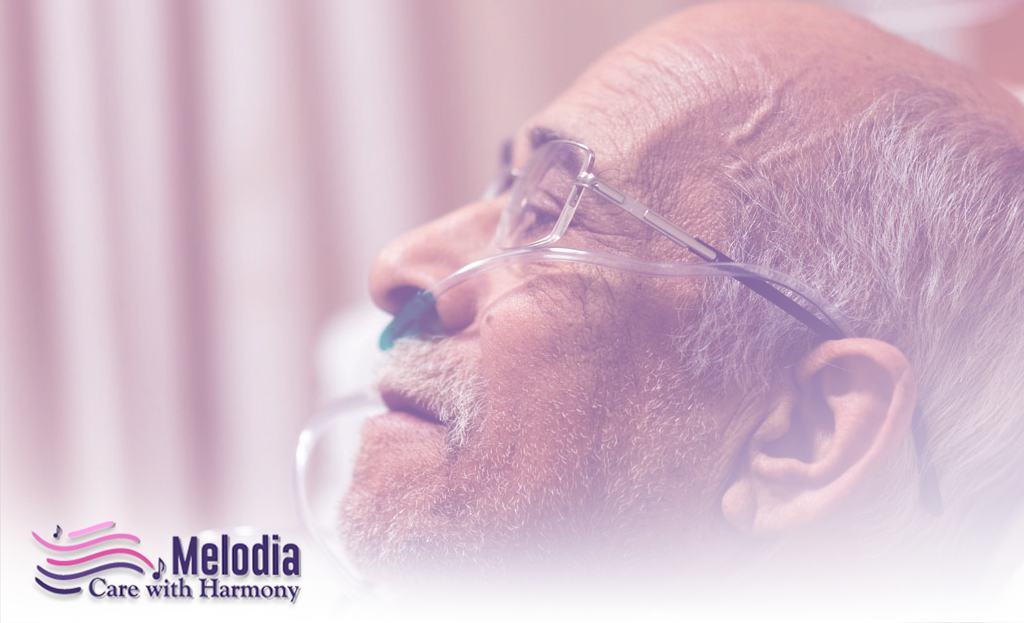
According to their progress in the end-of-life process, people who receive hospice care should not always be forced to drink. Dehydration will not cause any discomfort to the patient, as long as they are given intravenous fluids and enough fluid in the mouth to prevent them from becoming too dry. Dehydration makes many patients feel more comfortable because it reduces gastric juice secretion, thereby reducing or eliminating nausea and vomiting. In the past, many patients reported that their happiness increased after they stopped eating and drinking.
Intubation Feeding
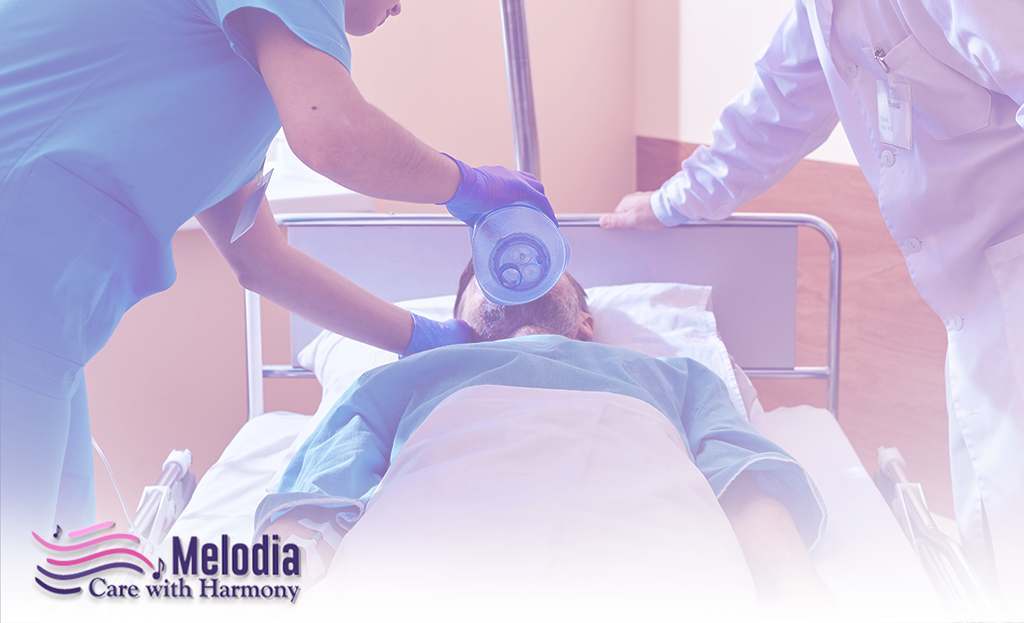
When nutrition is provided to patients through intubation, it can make them feel nauseous, cause them to vomit or cause them to have diarrhea or flatulence. Which is caused by the bloating caused by air being pumped in. Eating and drinking in the final stages of life can cause suffocation or inhalation of food or liquid into the lungs (inhalation). Intravenous therapy (IV), nasogastric tube or nail tube can nourish the body and improve comfort.
Analytical Music Therapy encourages you to use impromptu musical “dialogue” to express your subconscious thoughts through singing or playing an instrument. You can reflect and discuss with your therapist later.
Nasogastric Tube
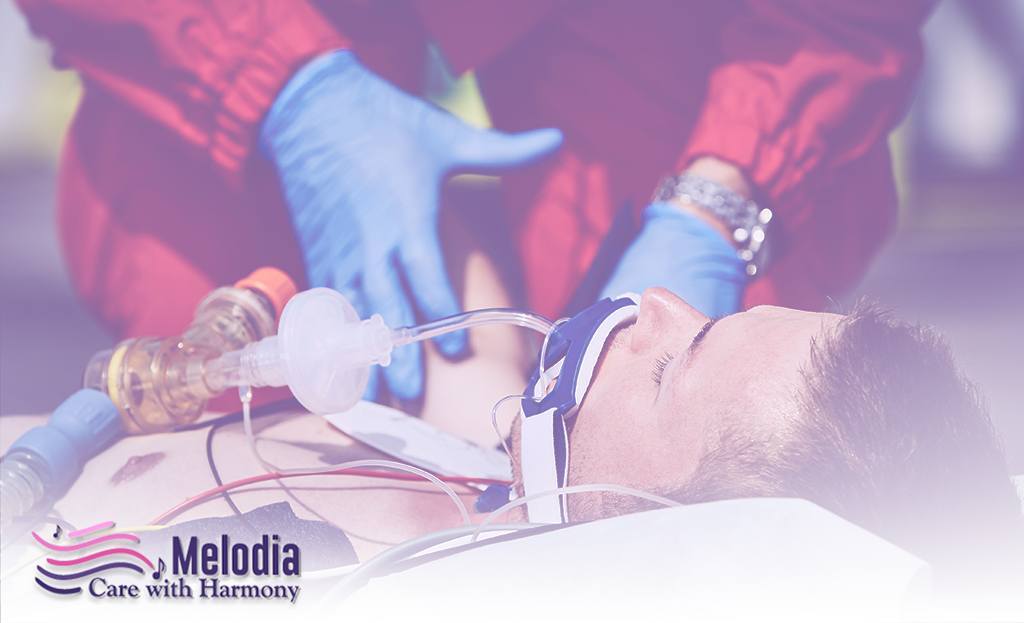
The nasogastric tube is inserted through the nose, throat and stomach. It can be used to provide food and medicine to patients but only for a short time. The nail tube is inserted through the abdominal incision to introduce nutrients directly into the stomach for long-term use. However, nasogastric tubes and nail tubes have side effects because they can cause excessive body fluids, ulcers, sore throat, vomiting, infection and diarrhea. The decision to use this type of medical technology should be discussed with the patient (if possible) and their doctor.
Melodia Care Hospice Is Ready To Support You!
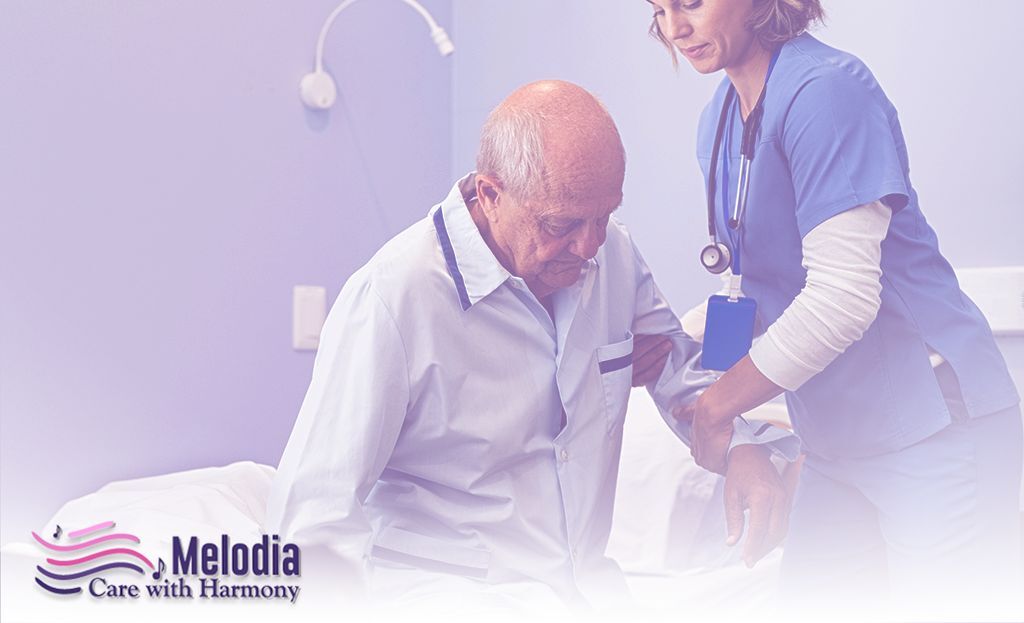
Hospice care focuses on providing holistic care so that patients struggling with life-threatening diseases can spend their lives in peace and dignity—compassionate hospice service is designed to support patients’ families during this uncertain time.
You can reach Melodia Care at any time of day or night by contacting us through our 24/7 online customer support chat or by calling 1-888 635-6347 (MELODI-7).


